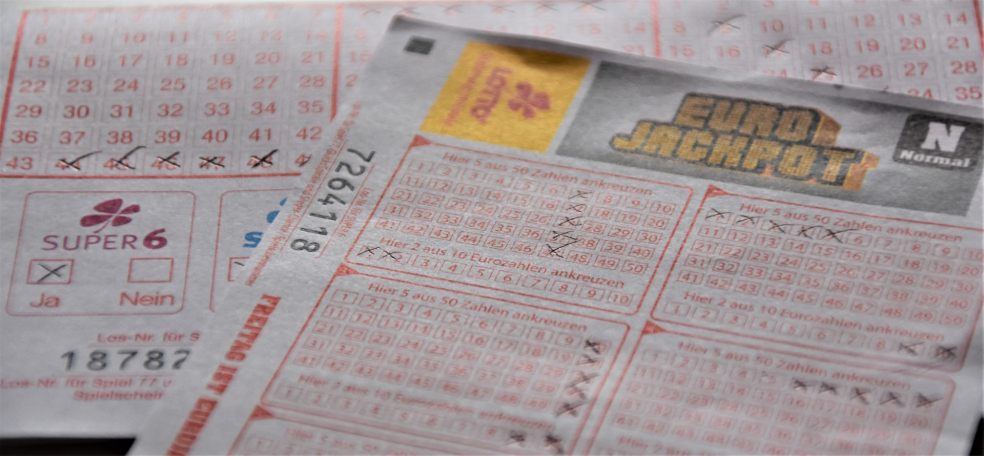
Birthday Bias: Why People Keep Picking the Same Lottery Numbers
When it comes to lottery dreams, many players rely on more than just chance—they lean on tradition, superstition, and emotion.
Among the most common habits is the persistent choice of numbers linked to birthdays. From anniversaries to children’s birth dates, these sentimental numbers often reappear on countless tickets across the globe.
But what many don’t realise is that this "birthday bias" could be sabotaging their chances, at least when it comes to the odds of not sharing a jackpot. With research from online casino, Mr Luck, we take a look at why many people continue to pick the same lottery numbers.
The Psychology Behind the Picks
People are creatures of habit and sentiment. Birthdays are among the most personally meaningful dates in our lives, and using them in lottery picks adds a comforting layer of familiarity to an otherwise random game.
Psychologists attribute this tendency to a cognitive bias known as the availability heuristic; we’re more likely to choose what comes easily to mind, and few things are more mentally accessible than the birthdays of ourselves and loved ones.
There’s also a false sense of control involved. Using meaningful numbers gives the illusion that we’re influencing an uncontrollable outcome. It makes the lottery feel less like gambling and more like fate. But this emotional logic has consequences.
The Numbers Don't Lie
The majority of calendar-based numbers, like dates of birth, range between 1 and 31. But most lotteries use a much larger number pool. For example, in a common 6/49 format, numbers range from 1 to 49. When players overwhelmingly choose numbers in the 1–31 range, the distribution of ticket combinations becomes skewed.
This doesn't affect your chances of winning; every number combination is equally likely, but it does affect the likelihood of having to split the jackpot. If your "lucky" numbers hit and they happen to be popular birthday picks, you might end up sharing your prize with dozens of other winners. The result? A dramatically smaller payout.
Statistical studies have confirmed that number combinations below 31 are chosen more frequently than higher numbers. Lottery officials even encourage randomisation for this very reason. The more unique your combination, the lower the chance you’ll have to share the prize.
The Cost of Sentimentality
Take, for instance, the frequently drawn combination of numbers like 7, 14, 21, 28, and 31. Not only are these neatly spaced, but they also fall within the range of typical birth dates. These patterns may look appealing, but they’re far from optimal in terms of prize-maximisation strategy.
In contrast, randomly generated numbers or those selected from the higher range (32–49) are much less likely to be chosen by the average player. While your odds of winning the lottery don’t improve, your odds of keeping the full jackpot to yourself do.
Breaking the Birthday Habit
If you're a regular lottery player and serious about maximising your potential payoff, it's time to reconsider the birthday bias. Here are a few strategies:
- Use a random number generator. Most lottery systems offer "Quick Pick" options, which reduce pattern-based clustering.
- Avoid number patterns. Consecutive numbers or numbers with equal spacing tend to be popular—and therefore risky in terms of sharing.
- Explore higher ranges. Including numbers above 31 broadens your ticket’s uniqueness.
Birthday Bias: Emotions Vs Mathematical Reality
The lottery is, by definition, a game of chance. But human nature can’t help but search for meaning in randomness.
Birthday bias is a perfect example of how emotional decision-making can clash with mathematical reality.
While there’s nothing wrong with picking numbers that are personally meaningful, it’s important to remember that choosing common numbers may increase the chance of sharing any prize.
In the end, it’s not just about picking the right numbers, it’s about being the only one who does.
Gambling can be addictive, please play responsibly.













